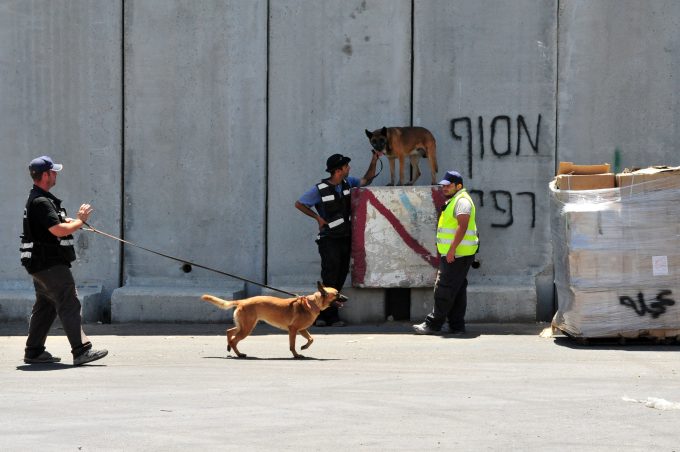Menzies Aviation sees potential as it expands cargo handling in Africa
Menzies Aviation is expanding its cargo handling business in Africa, seeing increasing opportunities in countries ...

The US Airforwarders Association (AfA) is taking the lead in a push to use more sniffer dogs to secure air cargo supply chains.
The AfA is talking with a variety of players to establish an interest group to lobby US policymakers to permit canines from private providers to screen air cargo.
The US Transportation Security Agency (TSA) had allocated some sniffer dogs to air cargo, but over time they have been shifted to passenger terminals, a trend probably accelerated by recent incidents, noted AfA executive ...
Asia-USEC shippers to lose 42% capacity in a surge of blanked sailings
USTR fees will lead to 'complete destabilisation' of container shipping alliances
New USTR port fees threaten shipping and global supply chains, says Cosco
Outlook for container shipping 'more uncertain now than at the onset of Covid'
Transpac container service closures mount
DHL Express suspends non-de minimis B2C parcels to US consumers
Zim ordered to pay Samsung $3.7m for 'wrongful' D&D charges
Flexport lawsuit an 'undifferentiated mass of gibberish', claims Freightmate

Comment on this article